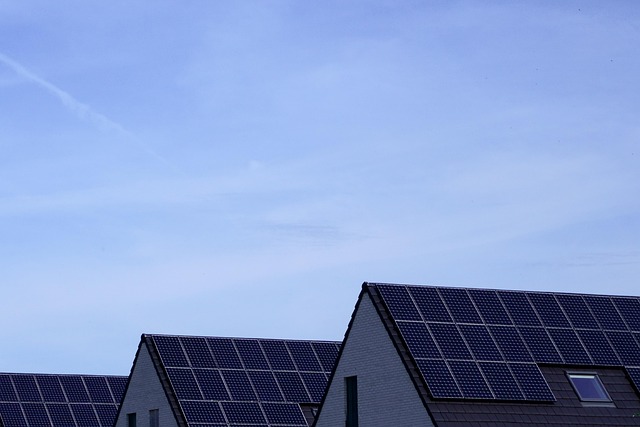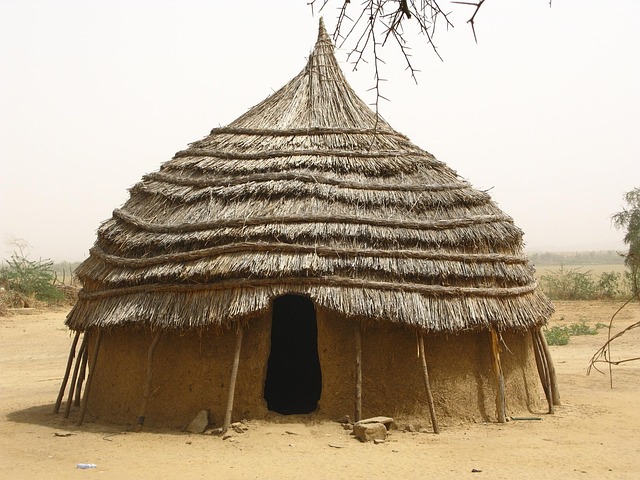Eco-friendly student housing goes beyond trends, offering responsible living with energy savings, waste reduction, and improved well-being. Student eco guides promote sustainable habits like energy-efficient practices, waste minimization through reusable items and recycling, and water conservation. These initiatives empower students to create positive change, foster environmental awareness, and lead by example in their communities, all while enjoying superior living standards.
Discover the power of eco-friendly student housing and its benefits for both the environment and your wallet. This comprehensive student eco guide explores ways to make your college experience greener. From understanding the advantages, implementing energy efficiency practices, reducing waste, to fostering community engagement, these strategies empower students to lead sustainable lives. Embrace a greener future and become an agent of change in your living space.
- Understanding Eco-Friendly Student Housing Benefits
- Energy Efficiency Tips for Students
- Sustainable Living: Reduce Waste at College
- Greener Communities: Involving Students in Change
Understanding Eco-Friendly Student Housing Benefits

Eco-friendly student housing is more than just a trend; it’s a responsible and sustainable choice for students looking to reduce their environmental impact while enjoying a high quality of life. For those new to eco-living, understanding the benefits is the first step towards making a positive change. Student eco guides highlight the multiple advantages, from energy savings and waste reduction to enhanced indoor air quality and improved water conservation.
These practices not only benefit the environment but also contribute to students’ overall well-being. By adopting eco-friendly habits in housing, students can save money on utility bills, foster a healthier living space, and develop an awareness of their ecological footprint. Embracing these sustainable practices is a powerful way for students to lead by example and inspire positive change in their communities.
Energy Efficiency Tips for Students

Students looking for eco-friendly housing can significantly reduce their energy consumption and environmental impact by adopting simple yet effective practices. One of the key areas to focus on is energy efficiency, which involves making conscious choices to conserve electricity and natural resources. Start with basic steps like switching off lights and electronics when not in use – this small habit can lead to substantial savings over time.
In terms of a student eco guide, consider investing in energy-efficient appliances and LED bulbs, which use less power and last longer. Additionally, optimizing heating and cooling systems by setting thermostats at reasonable temperatures and using smart thermostats can dramatically reduce energy usage. Students should also take advantage of natural light during the day, opening curtains to let sunshine in and closing them at night to minimize artificial lighting needs.
Sustainable Living: Reduce Waste at College

Sustainable living is a key aspect of eco-friendly student housing, and one of the best places to start is by reducing waste. College students often find themselves in a unique position to make a significant impact on their environmental footprint. A student eco guide suggests implementing simple yet effective strategies to minimize waste generation.
One practical approach is adopting zero-waste living practices. This includes using reusable water bottles, coffee mugs, and shopping bags to cut down on single-use plastic items. Students can also participate in campus recycling programs, ensuring proper disposal of paper, glass, and metal waste. Additionally, composting food scraps can divert organic waste from landfills, contributing to a greener environment. Encouraging a culture of sharing and borrowing among peers for items like textbooks and furniture further reduces unnecessary consumption.
Greener Communities: Involving Students in Change

Student housing plays a significant role in shaping sustainable futures, and involving students in implementing eco-friendly practices can create a ripple effect of positive change. A student eco guide is an excellent tool to empower young individuals to take charge of their living environments. By encouraging active participation, students can become agents of transformation within their communities.
Incorporating green initiatives into student life fosters a sense of responsibility and connection to the environment. Simple actions like recycling programs, energy-efficient lighting, and water conservation methods can be led by students themselves, ensuring long-term behavioral shifts. This collective effort not only benefits the planet but also educates and inspires future leaders to carry these eco-conscious practices beyond their student years.






